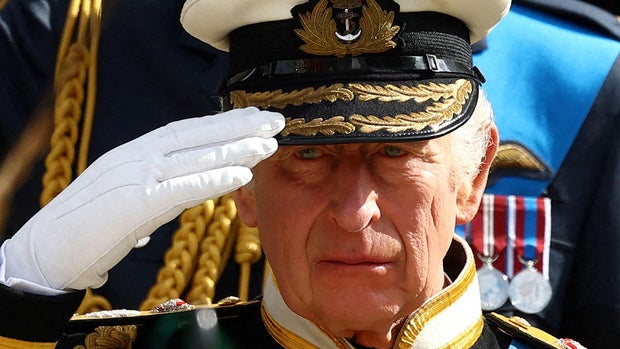
The Middle Eastern governments said the movie, which does not overtly portray same-sex relationships, violated their conservative beliefs and principles.
Although the “Barbie” movie is a billion-dollar global hit, officials in Lebanon and Kuwait moved on Wednesday to ban the film, saying its content contradicts the conservative values of their countries.
Unlike other movies that have been banned in the Middle East, “Barbie” does not feature any scenes that overtly portray same-sex relationships. The cast does feature L.G.B.T.Q. performers, including Kate McKinnon, who is gay, and Hari Nef, who is transgender.
A Kuwaiti committee on cinematic censorship banned both “Barbie” and the horror film “Talk to Me” this week. Lafy Al-Subei’e, an under secretary in the Ministry for Press and Publication, said the films promote “ideas and beliefs that are alien to the Kuwaiti society and public order,” according to a state-run news agency.
Al-Subei’e told the news agency that foreign movies that run counter to Kuwait’s public ethics will often have scenes censored, but that movies that carry “alien concepts, message or unacceptable behavior” are fully banned.
The Associated Press reported that the Lebanese culture minister, Mohammad Mortada, asked the interior ministry to ban “Barbie” because, he said, it contradicts “values of faith and morality” and promotes “homosexuality and sexual transformation.”
Mortada explained his request, according to other news media reports, saying that “Barbie” ridiculed the role of mothers and questioned the necessity of marriage.
Officials from Lebanon and Kuwait, as well as a spokeswoman for Warner Bros., did not respond to requests for comment. The film was released in Saudi Arabia and the United Arab Emirates on Thursday.
Lebanon, a majority Muslim country with a sizable Christian population, has historically been one of the most tolerant countries for L.G.B.T.Q. people in a region where homosexuality is widely criminalized. But in recent months, there have been reports of an uptick in anti-L.G.B.T.Q. activity in the country. Hassan Nasrallah, the leader of Hezbollah, a militia and political movement, said in July that homosexuality was an “imminent danger” to Lebanon and called for a ban on materials that promoted it.
Other recent movies have been banned because of issues of sexual and gender identity. “Spider-Man: Across the Spider-Verse,” which includes a “Protect Trans Kids” poster in its trailer, was banned by the United Arab Emirates. About a dozen Middle Eastern countries banned “Lightyear,” an offshoot of the “Toy Story” franchise that featured a kiss between two women. And “Eternals,” which featured the Marvel Cinematic Universe’s first gay superhero, was banned in Saudi Arabia, Qatar and Kuwait.
“Barbie” has also been banned in Vietnam because of a scene that includes a map that shows territory in the South China Sea that both China and Vietnam claim as their own; the so-called nine-dash line is depicted as a U-shaped dotted line.
https://ift.tt/84kfKVl
Entertainment

No comments:
Post a Comment